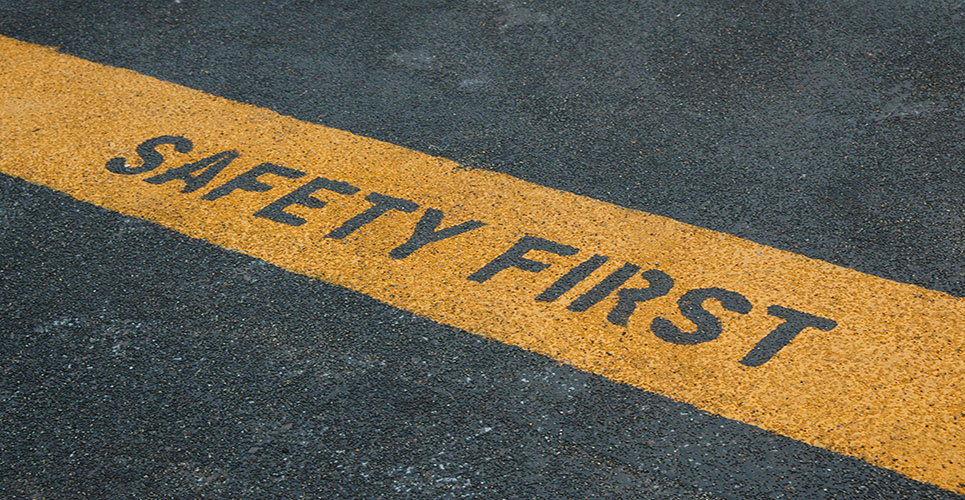teaser
One-third of patients over 65 years of age take at least three prescription medicines in addition to medicines purchased over the counter and 10% of this group take at least five. This vulnerable cohort of patients requires careful counselling as many elderly patients may become very confused with the complexity of their treatment regimens. A family member or carer should always be involved in the process.
Compliance aids, monitored dose systems and calendar packs go some way towards reducing the problem, but these in turn can create other problems, particularly for the arthritic patient. Newer technologies such as telephone reminders can now offer help to the elderly patient living alone.
Older patients may have difficulties in swallowing some medicines. Crushing a tablet or opening up a capsule and releasing its contents may not be safe and may impair the action of some medicines. This can give rise to an increased or decreased absorption. It can, in some circumstances, cause damage to the lining of the intestines. Patients or carers should be told to ask a pharmacist before deciding to crush a tablet or open a capsule. A liquid form of the medicine may be available. However, pharmacists should be cautious when offering liquid medicines to patients with swallowing difficulties. It may be necessary to make the liquid more viscous to ensure that it does not pass into the lungs.
Many medicines prescribed for the elderly population will depress the central nervous system and cause drowsiness. Other medicines will produce a sharp transient drop in blood pressure when the patient gets out of bed too quickly. These effects often lead to falls. Slips, trips and falls make up over one-third of the incidents reported to the National Patient Safety Agency in the UK. Patients themselves can do a great deal to reduce the probability of experiencing a medication error. Information is important. Pharmacists should ensure that all patients and carers have the answers to 12 basic questions:
- What are the names of this medicine?
- What is the purpose of this medicine?
- What is the strength and dosage?
- What are the possible side-effects and what should I do if they occur?
- Are there any medicines that I should avoid while taking this medicine?
- How long should I take this medicine and what outcome should I expect?
- When is the best time to take this medicine?
- How should I store this medicine?
- What should I do if I miss a dose?
- Should I avoid any foods while taking this medicine?
- Is this medicine meant to replace any other medicine that I am already taking?
- May I have written information about this medicine?
Your comments: (Terms and conditions apply)
“This was an excellent article on an issue that is not often dealt with. Medication errors in hospitals have been dealt with in many articles but not much attention has been devoted to medication errors or misused drugs in the community. I hope that your article will encourage many more articles and innovations to reduce misuse and medication errors in the community environment.” – Zvi Levinhar, Israel
“Elderly patients are a very interesting group to study because there are plenty of factors that lead to excessive consumption of drugs – ‘self-medication’ is only one of them. And that is why pharmaceutical care for the elderly is of great importance. Thank you for the interesting article!” – Valentina Petkova, Bulgaria

